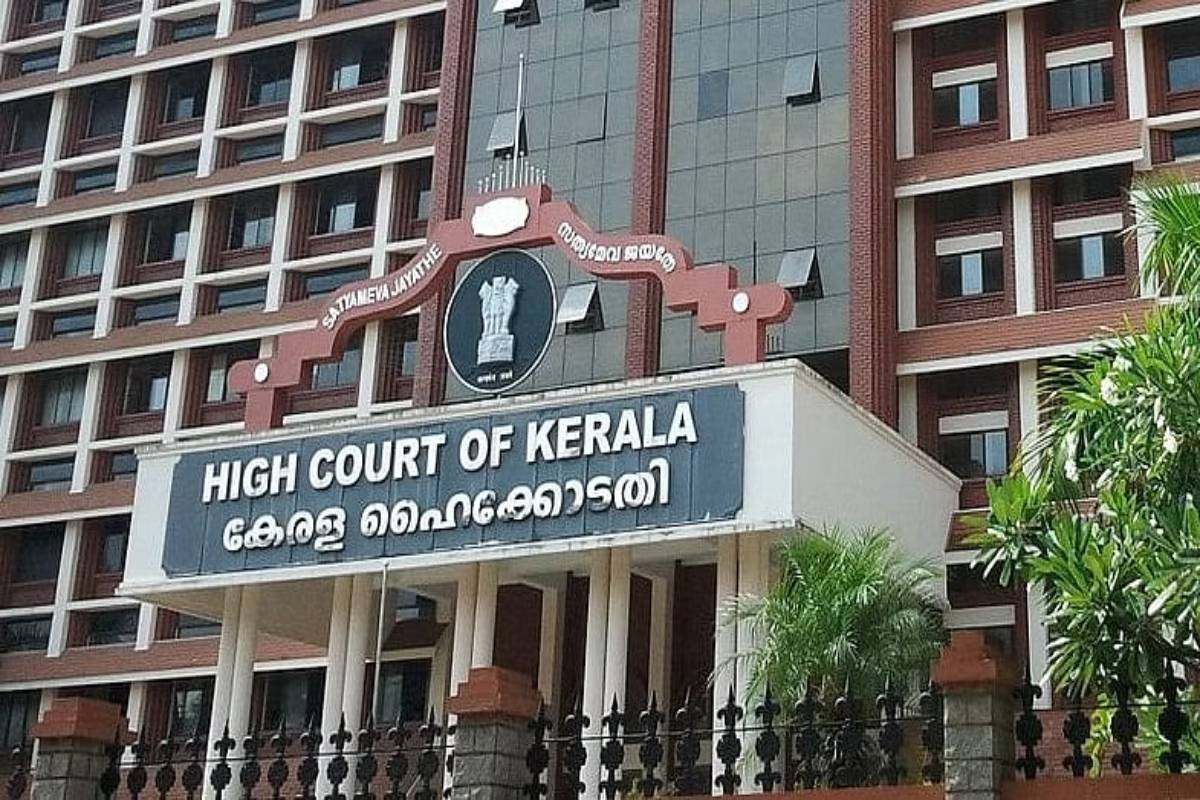The Kerala High Court on Thursday set aside the interim order of a single bench allowing the Enforcement Directorate (ED) to issue fresh summons to former state finance minister TM Thomas Isaac and officials of the Kerala Infrastructure Investment Fund Board (KIIFB) as part of its investigation into the case relating to the floating of masala bonds by the KIIFB.
A Division Bench comprising Justice A. Muhamed Mustaq and Justice Shoba Annamma Eapen had passed the order while allowing appeals by Dr. Isaac and KIIFB chief executive officer KM Abraham challenging the order of the single bench allowing the ED to issue fresh summons to them.
Advertisement
“We are not on the merit of the controversy involved in the matter. We are of the view that the order dated November 24 is not legally sustainable, hence set aside the order,” said the Division Bench
In its interim order, the single bench of Justice Devan Ramachandran had clarified that the pendency of the writ petitions challenging the ED summons would not stand in the way of the ED issuing fresh summons to any person when the writ petitions challenging the summons issued earlier by the ED came up for hearing.
The Division Bench pointed out that Justice V G Arun passed a common interim order on October 10, 2022, after hearing both sides, directing ED to keep on hold sending of further summons to Isaac, KIIFB chief executive officer and joint fund manager in the case. Thereafter matter came before Justice Devan Ramachandran on November 24 this year.
In his interim order, Justice Devan Ramachandran had clarified that the pendency of the writ petitions challenging the ED summons would not stand in the way of the ED issuing fresh summons to any person when the writ petitions challenging the summons issued earlier by the ED came up for hearing
The Division Bench said that the order passed by Justice Arun was a detailed order assigning reasons for passing an interim order. “Therefore propriety demands without reviewing or modifying that order, another single judge cannot pass an order virtually modifying that order,” said the Division Bench.









